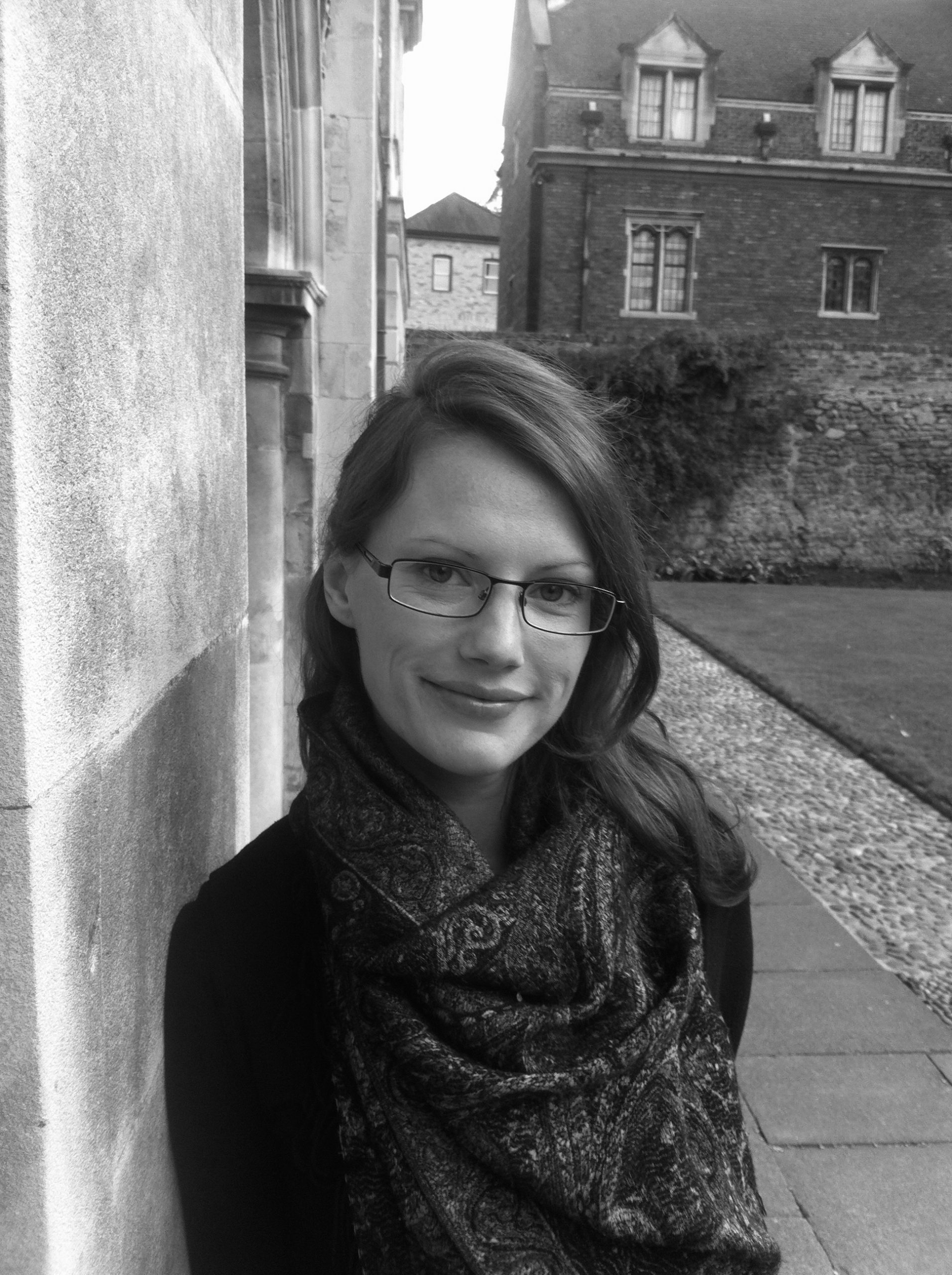
Kathryn Crowcroft has been shortlisted for the highly competitive public engagement scheme.
A Gates Cambridge Scholar doing a PhD in Medical History has been shortlisted to be a BBC New Generation Thinker 2016.
Kathryn Crowcroft has been shortlisted for the scheme, which is run jointly by the BBC and the Arts and Humanities Research Council. It receives hundreds of applications from academics at the start of their careers who are passionate about communicating modern scholarship to a wider audience. Shortlisted candidates are invited to the BBC for an all-day workshop where they have the opportunity to develop programme-making ideas with experienced BBC producers. Ten of the candidates are then given the opportunity to develop a programme for Radio 3 based on their research.
Kathryn's interdisciplinary research employs a range of early scientific, medical and moral writings to examine the relationship between cognitive and verbal falsity and physical and psychological disease in early modern Europe.
She said: "I'm delighted to be shortlisted as a PhD candidate among early and mid-career researchers."
Previous University of Cambridge winners have included Preti Taneja, author, film-maker, human rights advocate and Fellow Commoner at Jesus College; Sarah Dillon, University Lecturer in Literature and Film in the Faculty of English and a regular BBC radio presenter; and Joe Moshenska, writer and fellow of Trinity College, Cambridge.
In addition to her research Kathryn [2011; 2012] is an award-winning poet. In 2013 she won the John Kinsella/Tracy Ryan Poetry Prize – the most prestigious poetry prize at Cambridge, and in 2014 the Brewer Hall poetry prize at Emmanuel College.












